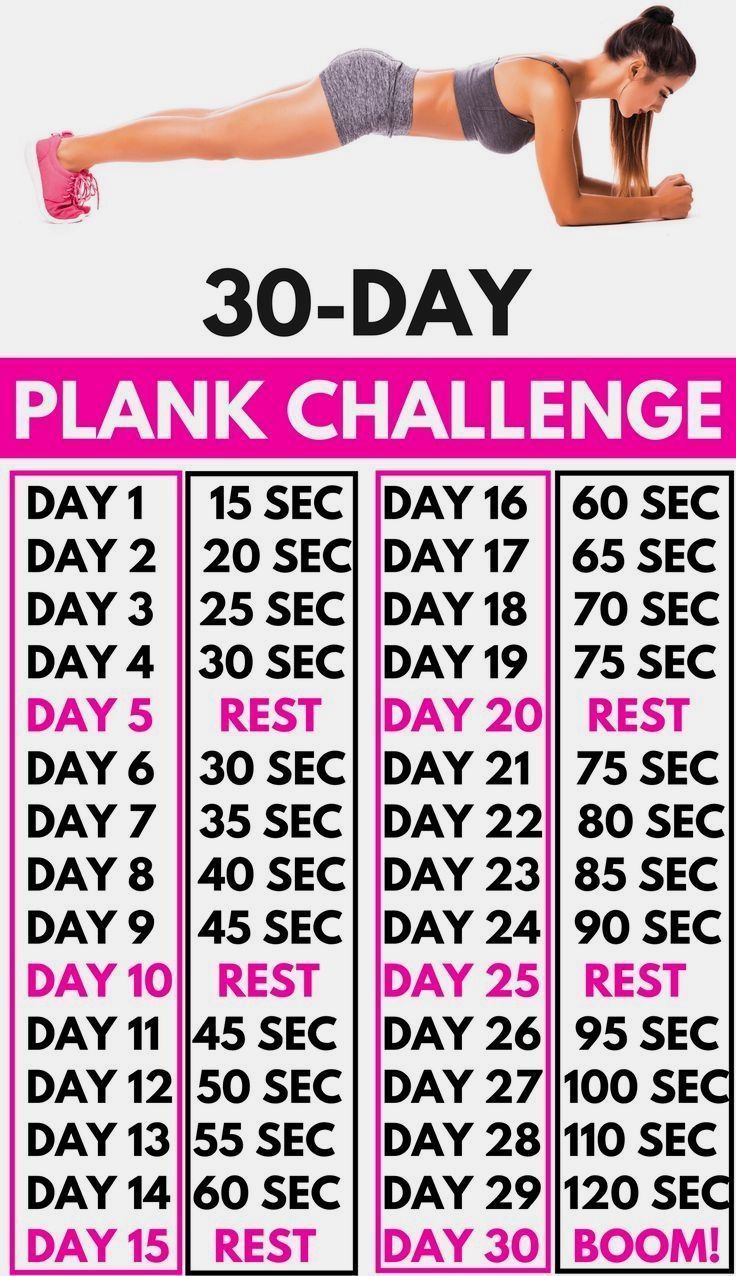TED Talk: From Sabotage to Support: Women Liberating Women in the Workplace
Joy Wiggins
28 Days of Inspirational Quotes for February
- Make a conscious effort to live in the moment in order to appreciate and be grateful for yourself and others around you.
- Several times a day, stop what you’re doing to watch what others are doing. Make note of people and events that inspire you in some way.
- Develop and write down strategies to help you combat/counteract doubt, fear, and making excuses.
- Be mindful of your attitude, emotions, spoken words, and non-verbal communications every time you interact with people. If you aren’t in a “helpful or kind” mood, you may unintentionally send the wrong message and make others feel bad.
- If you aren’t achieving the success you wanted, make more time to participate in inspiring and encouraging activities to keep you excited about your goals and success.
6. Keep your hope alive. As long as you continue to try, you have a good chance of meeting your goal. Don’t allow yourself to quit trying and hoping for the future.
7. Develop your positive thinking skills. The more positive you are, the more likely you will achieve your goals. Remember, if you think you can’t, you won’t. If you think you can, you will find a way to succeed.
8. Being “normal” isn’t all it’s cracked up to be! It’s the slightly “odd” people, who come up with the most ingenious ideas, which we all wish we had thought of and developed. Revel in your uniqueness.
9. Create a list of people, places, events, stories/books, etc., which have inspired you to meet your goals in the past. Look through them carefully. Decide if you can adapt any of them to make good decisions that meet your current needs and situation.
10. When you can’t decide if you really want something, the ultimate test to help you decide is to research what it would take to get it. Then decide if you are motivated enough to do every thing it takes (and more) to reach your goal.
11. Develop and maintain an optimistic mindset. Many successful people credit their high level of motivation to their continued positive outlook. Focusing on positive aspects and hope for the future leads to more happiness and enables you to see motivating events more easily.
12. You have your own, personal, unique qualities and limits. Set realistically achievable limits based on where you start today, rather than where you want to start - at the finish line. It’s ok to take a short break, rather than cause a setback but complete the task.
13. In everything, your most important goal is to make progress. Sometimes progress involves making an unexpected detour or a mistake. All successful people experience this sort of thing, keep going, and accept that someday, it will be a big part of their success story.
14. With each dream or goal, there is the potential for multiple success stories. Learning as you go creates great storylines in your life, but only if you refuse to give up on yourself and continue to make progress.
15. Merely “winning” isn’t enough motivation. You need a strong, personally meaningful motive to win.
16. Knowing where you stand, currently, helps you to map the route you need to take to achieve your goals. Test yourself to discover your strong points and areas that will need to be developed.
17. Be warned, there is a price to pay for success. That price includes hard work, creative thinking, and a determination to keep trying and getting up, regardless whether you run into a brick wall, stumble over a bump in the road, or fall flat on your face.
18. Dreaming can bring you pleasure. However, to make dreams realities, you must have the drive, passion, and determination to carry you through the tough spots. Develop your stubborn, single-mindedness. Set your plan in action and work towards your dreams until you reach them.
19. The number of times you fall and get back up is directly related to your success rate.
20. Be careful how quickly you complete each goal. If you don’t go slow enough to notice new concepts or lessons along the way, you’re going too fast and probably focusing on the wrong things, like speed rather than on quality.
28 Days of Inspirational Quotes for February
21. To achieve anything, you must have ambition, motivation, and dedication. When trying to attain your goal makes your life unhappy, consider if the situation is long-term. If so, giving up may be a better option. Only you can decide what is best.
22. Search for successful role models who had similar goals and overcame issues regarding their level of determination. These can be your community members or a public figure, such as an author.
23. Knowing when to hang on and persist, as well as knowing when to “let go” are both important to your happiness, success, and well-being.
24. When you need to develop your level of tenacity look within your mind, spirit and your emotions to strengthen those areas. While they are not part of your physical body, you can still learn to manage and control these areas to meet your needs.
25. Your determination is frequently based on how motivated you are to succeed. To give your determination a boost, try strengthening your motives for achieving your goals. These tend to work together to help you stay on track.
26. Each day, make it a goal to inspire someone who is having a difficult time. In other words, offer to help someone or go out of your way to be courteous.
27. Acknowledge your strong feelings but accept that they will change over time. Don’t let your emotions influence you negatively, keep you from making progress, or make you give up. Make good choices from a rational, emotionally level position.
28. When you feel empowered and confident, recall, write down, and memorize things (or people’s examples) that have inspired you to go beyond what you expected of yourself.
February Challenge: PLANK
What's the plank challenge?
The plank challenge is a 30-day program to strengthen the core and build up endurance.
Each day of the challenge, you'll gradually increase the amount of time that you hold a plank. By day 30 of the program, the goal is to be able to hold a plank for 2 minutes.

Article: Writing your own personal vision/mission statement
I recently spent some time revising my personal vision/mission statement for my coaching practice. While doing this, it occurred to me that the vision I have for my work is closely related to my personal vision. Having a job that reflects my personal vision is powerful because it has allowed me to create a business life for myself that truly reflects who I am.
Companies know all about vision and mission statements and getting their employees on board. Vision and mission statements propel the company in the direction that they want, and ultimately towards success. Many of us have spent countless hours working on these statements for our employers, and doing our part to contribute to their vision as a part of the team. Much like a business, we, as human beings have a purpose or mission in life.
What if we spent as much time getting to know who we are and what we want for ourselves? A personal vision/mission statement is the framework for creating a powerful life. Unlike a goal, a vision or mission rarely changes. It is a reason for our existence. It guides us in the decisions we make and the directions we take.
Creating Your Personal Vision
Close your eyes and picture yourself in the future. It may be a few months or years from today. See the person you are; what you are doing, who you are with, what you have accomplished, what is important to you, and how people relate to you. How does it feel to be you? Feel the person you are, your true self. Now, open your eyes and see your life and yourself in the present, through those eyes. You will begin to notice the changes you need to make to honour this vision and lead a powerful life. A Personal Vision is a picture of your True Self in the future. An effective personal vision includes all the important elements of your life and career; it is who you want to be, what you want to do, how you want to feel, what you want to own, and who you want to associate with. Although your personal vision helps you to see into the future, it must be grounded in the present. It is a statement of who you are, and who you are becoming. It is the framework for the process of creating your life. Your vision is where you are headed, how you get there is your mission statement.
Your Personal Mission Statement
A Personal Mission Statement is how you will manifest your Personal Vision in your daily life. It may be a few words or several pages, but it is not a "to do" list. It reflects your uniqueness and must speak to you powerfully about the person you are and the person you are becoming. Remember, it's okay to be where you are, while heading somewhere else. In fact, the only place you can start, is where you are right now. Having a personal vision does not mean your life changes overnight. But it will change. Your personal mission statement provides the steps to get you there.
Your Personal Mission Statement should answer three questions:
- What is my life about (Purpose)?
- What do I stand for (Values)?
- What actions do I take to manifest my Purpose and my Values?
Stephen Covey writes that an empowering Mission Statement: Represents the deepest and best within you. It comes out of a solid connection with your deep inner life. Is the fulfillment of your own unique gifts. It's the expression of your unique capacity to contribute. Addresses and integrates the four fundamental human needs and capacities in the physical, social/emotional, mental and spiritual dimensions. Deals with all the significant roles in your life. It represents a lifetime balance of personal, family, work, community-whatever roles you feel are yours to fill. Is written to inspire you-not to impress anyone else. It communicates to you and inspires you on the most essential level.
"Creating a Personal Mission Statement will be, without question, one of the most powerful and significant things you will ever do to take leadership of you life. In it you will identify the most important roles, relationships, and things in your life - who you want to be, what you want to do, to whom and what you want to give your life, the principles you want to anchor your life to, the legacy you want to leave. All the goals and decisions you will make in the future will be based upon it. It's like deciding first which wall you want to lean your ladder of life against, and then beginning to climb. It will be a compass - a strong source of guidance amid the stormy seas and pressing, pulling currents of you life." Stephen Covey, author of The Seven Habits of Highly Effective People
A Personal Vision/Mission can help propel you into a new job, or make your present job work better for you. The more connected your Personal Vision/Mission is to yourself, the better it can guide your career and your life.


